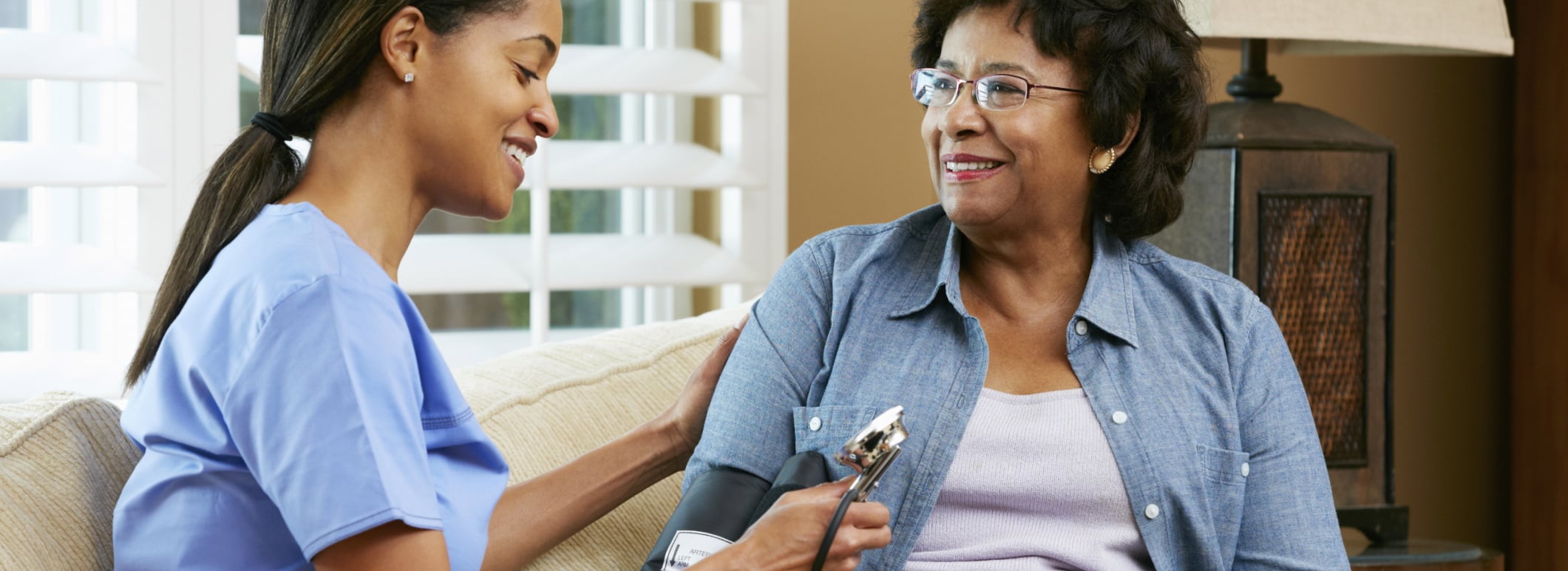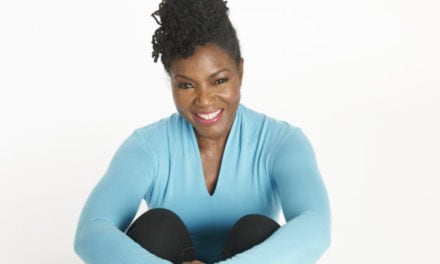Eleanor Hinton Hoytt is president and CEO of the Black Women’s Health Imperative and a leader of the movement to improve our health. For three decades, she’s been in the trenches, crafting policy, working in communities and reaching out to help women live healthier lives. This year, as the Imperative celebrates its 30th anniversary of placing black women on the road to better health, Hinton Hoytt explains how the Patient Protection and Affordable Care Act (aka Obamacare) can help take us the rest of the way.

Despite the debate over the Affordable Care Act, health advocates say that the provisions are essential for African Americans. (ThinkStock/Getty Images)
We’ve heard it all before: Black women are experiencing an unprecedented health crisis in this country. Nearly 23 percent of black women are uninsured, and we carry more health burdens than other women.
But there is also good news. We are engaging in new national and intergenerational conversations about our well-being — sharing stories and removing barriers in our quest to be healthy. We are speaking up and shouting out, declaring this as our time to bring about change, without apologies.
Without a doubt, we’ve paid a heavy price for being denied equal access to high-quality health care and, in many cases, not having any health care at all. Recently, nearly 30 percent of black women have reported that they postponed seeking care or filling their prescriptions because of the cost of treatment and medication.
Decades after Congress first recommended policies and practices for eliminating these inequities, we continue to experience unequal treatment.
Yet, in spite of the odds stacked against us, we have never failed to rise above and tackle these challenges. We are inspired daily by the spirit and actions of the powerful women and girls in our communities. We are surrounded by shining examples of black women, of all ages, encouraging, motivating, educating and uplifting one another.
When we see efforts such as Black Girls RUN! or Black Girls Rock, we can truly see and understand our power as black women. We know that we can make a commitment to get fit and sprint past stereotypes about who we are and how we live our lives. When black women in communities come together and talk openly about our sexual health, we see more and more black women getting tested and new HIV-infection rates among us leveling off.
As part of these achievements, we made sure that our voices were heard in the hard-fought battle to develop and pass the Affordable Care Act (ACA). Now, thanks to passage of the ACA, we no longer have to gamble with our health or the health of our families — rolling the dice and hoping that a health catastrophe doesn’t happen.
The ACA enacted groundbreaking legislation that may give millions of black women access to health insurance for the first time and improve the quality of care received for millions more. Without the law, many of us would still be left on the margins of the health-care system.
Understanding the opportunities offered by the ACA may seem complicated, especially with some states fighting key provisions of the law, but many black women who are currently without health insurance and reliable care can dramatically improve their circumstances by taking advantage of the coverage and care this law provides. Here’s what you need to know:
? You may enjoy a higher standard of care. One important part of the law is that it establishes a minimum set of services that every medical insurance policy must cover, without charging you a co-payment. This life-saving list of services includes well-woman care — mammograms, Pap smears, fitness evaluations, nutrition and other services. Also covered are screenings for colorectal or lung cancer, heart disease, diabetes, hypertension, obesity, sexually transmitted diseases and depression. For pregnant women, services will include prenatal screenings, ultrasound, prenatal supplements and tests for gestational diabetes. Newly expanded services for children will include dental and vision care.
? You may be eligible for financial assistance. Even if you live in a state that refuses to expand its Medicaid plan eligibility (an issue for many low-income women), you may qualify for help paying for your insurance under the ACA. If you register for insurance on your local ACA exchange, single people with incomes up to $45,000 can get assistance, and families of four with incomes up to $94,000 can get help, too.
? You may be able to access care even if your state does not expand Medicaid. The ACA suggests that every state raise income limits for people eligible for Medicaid. Many states — especially in the South — have refused. If you cannot afford a policy on the exchange with financial assistance, but earn too much for Medicaid, the ACA also funds the expansion of Federally Qualified Health Centers that must provide care on a scale linked to income. Find one in your state here.
? Learn about the law. Find out everything you can about how the ACA may be able to help you or your family by calling 1-800-318-2596 and getting information about benefits in your state.
Many black women know
that good health is not simply the absence of illness. It is a journey — where a new attitude and new cultural norms propel us to choose wellness and reduce risks. As the Black Women’s Health Imperative commemorates 30 years of changing black women’s lives, I encourage each of you to join us in leaving a legacy of good health, affirming our values and daring to put our health first!
Let us continue to be the voices of health and wellness, affirm who we are and continue to beat the odds and seek health and happiness — sister by sister, one woman at a time.









